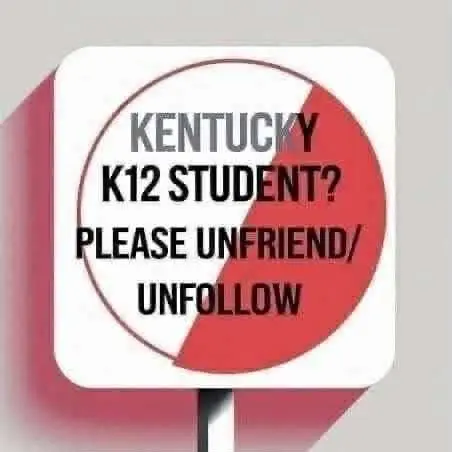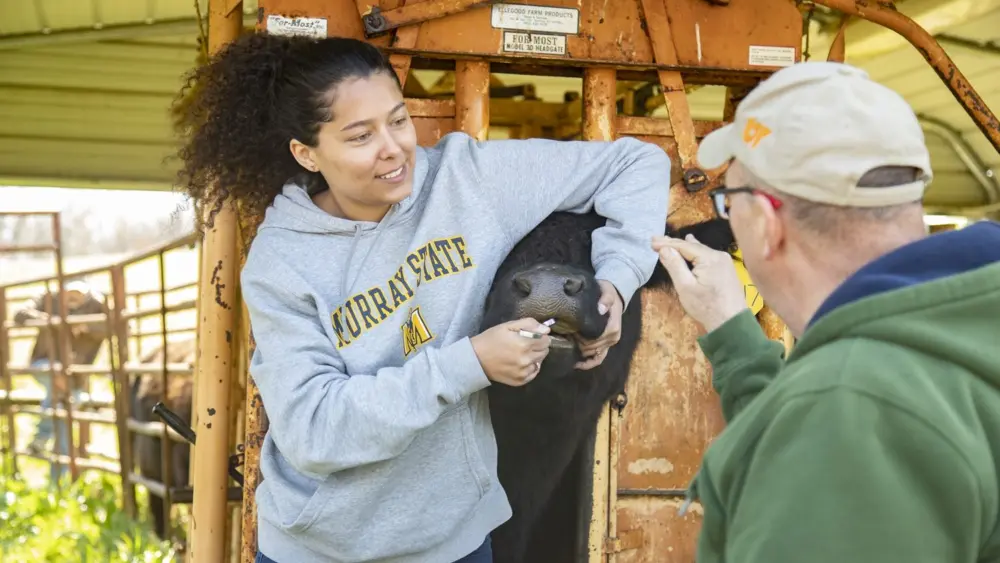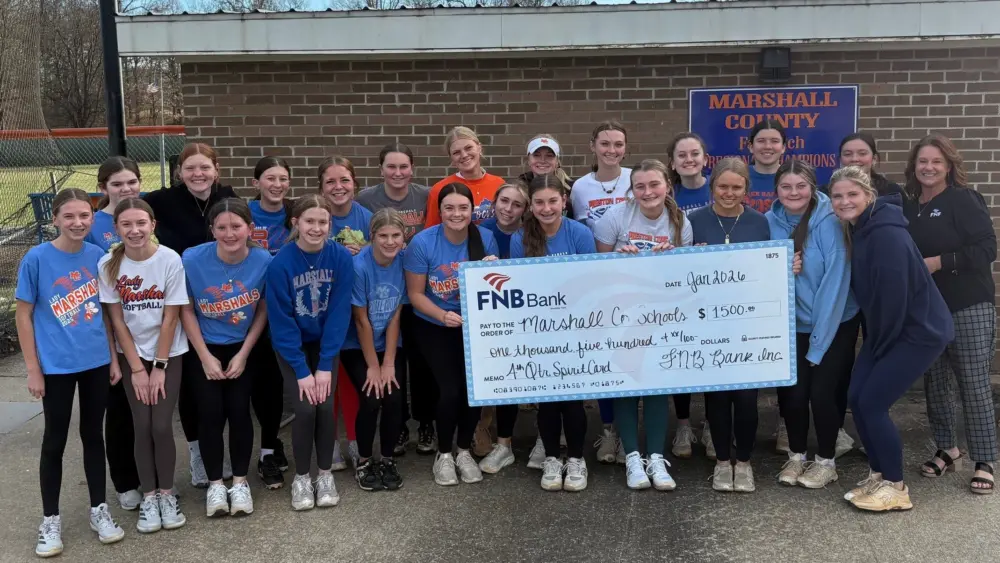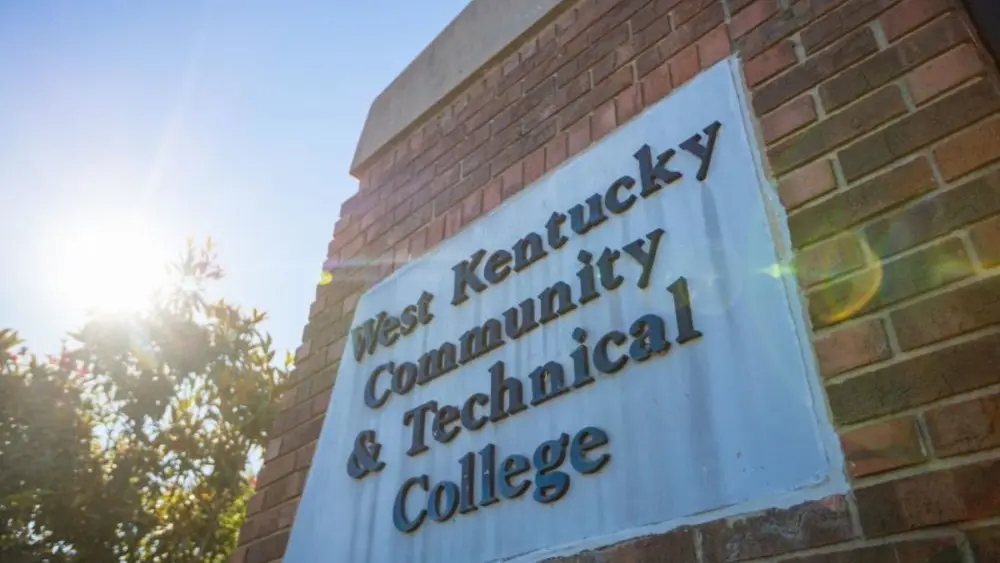
| Bill sponsor pens op-ed outlining purpose of Senate Bill 181
and addressing implementation concerns as the law takes effect |
|
(FRANKFORT, Ky.)—A new student protection law has officially taken effect across Kentucky, establishing guardrails for how school employees, coaches, and volunteers may communicate with minors. Senate Bill (SB) 181, sponsored by Sen. Lindsey Tichenor, R-Smithfield, passed the General Assembly 137-0 and was signed into law by Governor Andy Beshear in April. The legislation requires all school-related communication with students to occur through district-approved, traceable platforms that parents can access and monitor. It provides flexibility for districts to determine the approved platform. Families who wish to allow alternative communication methods may opt in through written consent. “Carefully written to protect students, this law applies equally to teachers, staff, coaches, volunteers, and family members,” said Tichenor. “It ensures that if a boundary is crossed, a process is in place to investigate, inform parents, and hold individuals accountable.” The law was crafted in response to disturbing patterns of misconduct and the widespread use of private digital communication in grooming behavior. Between 2023 and 2024, the Kentucky Department of Education (KDE) reported 135 cases of educator sexual misconduct, excluding additional cases involving classified staff and school volunteers. A study examining misconduct in Kentucky schools was published in the Journal of Child Sexual Abuse. It found that 70 percent of offenders used technology or social media to access students. “Unfortunately, those statistics only scratch the surface, because there are cases that currently exist in the dark, beyond the review of parents or school districts,” said Tichenor. “This bill is deeply personal for victims and families who bravely shared their stories during committee testimony—most notably from Ashley Nation and from an Anderson County family, whose personal experience and insight were instrumental in shaping the bill’s provisions.” Influential was the testimony of Nation, a Kentucky resident and survivor of educator sexual abuse in Indiana, whose courage in sharing her experience and insights into grooming dynamics played a critical role in shaping the bill’s language and focus. The Anderson County case drew statewide attention after a local family alleged that a school counselor had formed an inappropriate emotional relationship with their daughter, communicating with her privately, encouraging her to distance herself from her parents, and ultimately reporting them to child protective services over objections to her same-sex relationship. “Their experience not only garnered widespread attention but also played a pivotal role in shaping this law to establish stronger boundaries and prevent future harm,” Tichenor added. A recent case in Northern Kentucky involved a teacher who admitted to grooming behaviors—such as bringing soup and getting ice cream—that gradually escalated to sexual contact with an 18-year-old student. These interactions occurred entirely outside the view of parents or school administrators, utilizing private communication channels and blurring professional boundaries. “This is a prime example of why SB 181 passed unanimously,” Tichenor said. Legislative background and broad support Tichenor filed similar legislation in 2024, but it didn’t gain traction until this year, when both the KDE and the Education Professional Standards Board (EPSB) formally made it a legislative priority. EPSB officials supported the effort in writing, noting that the law “promotes ethical behavior among all educators” and “draws clear boundaries that help prevent grooming.” “As discussions progressed, data showed private electronic communication was the key link in most grooming cases,” said Tichenor. “Closing off this common access point became a logical and effective way to reduce grooming cases in schools. The intent of the law is widely supported. Students and teachers deserve to learn and work in an environment grounded in trust and integrity.” Ongoing conversations around implementationWhile the law has been praised for protecting students and restoring parental oversight, Tichenor acknowledged some school leaders, personnel, and volunteers have raised questions about how best to implement it. “It’s understandable that people are seeking clarification,” she said. “We can refine the language based on feedback without losing the intent. Our primary goal has to be ensuring students are protected and parents remain informed.” Common implementation questions include:
Tichenor said she is working closely with KDE, EPSB, and school officials to address these questions and provide guidance ahead of the new school year. “I remain committed to working with education professionals to achieve the goal of this law: protecting students while supporting those who serve them.” Senate Bill 181 officially took effect on June 27. Tichenor has penned an op-ed on the topic. Find it by clicking here. |






